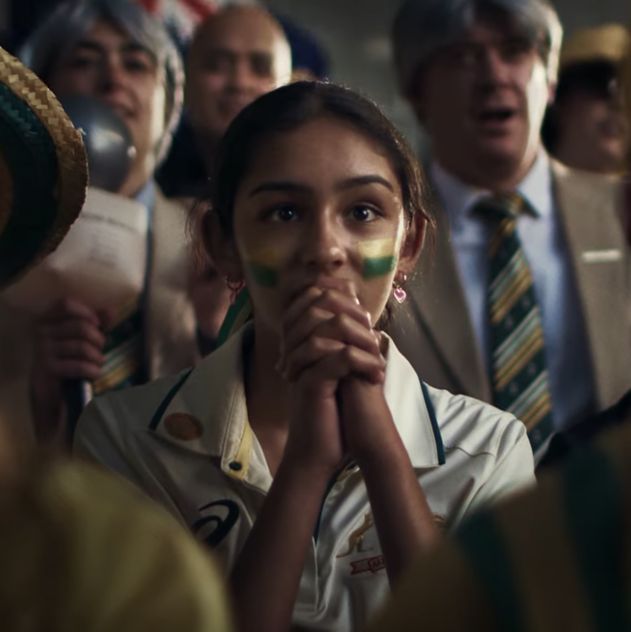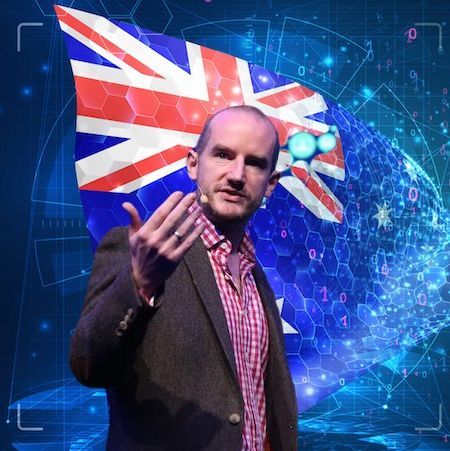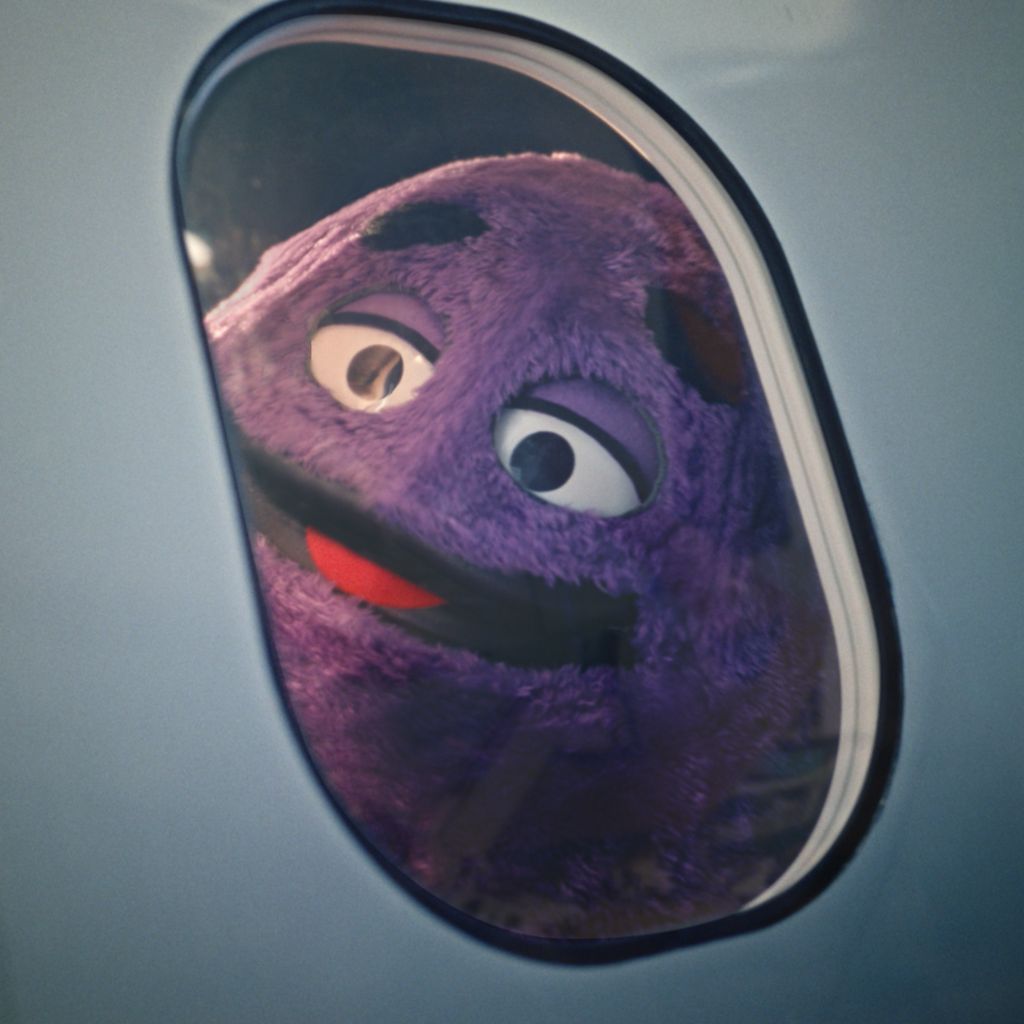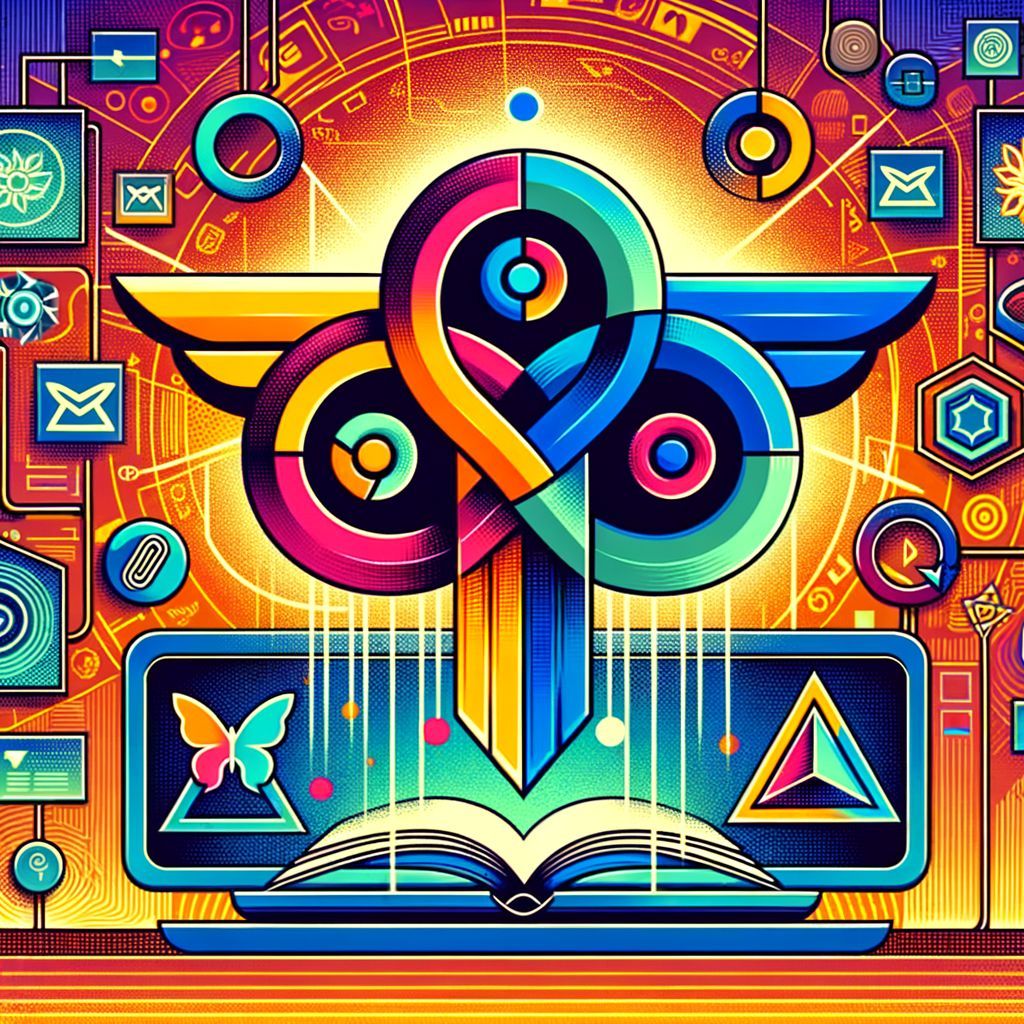
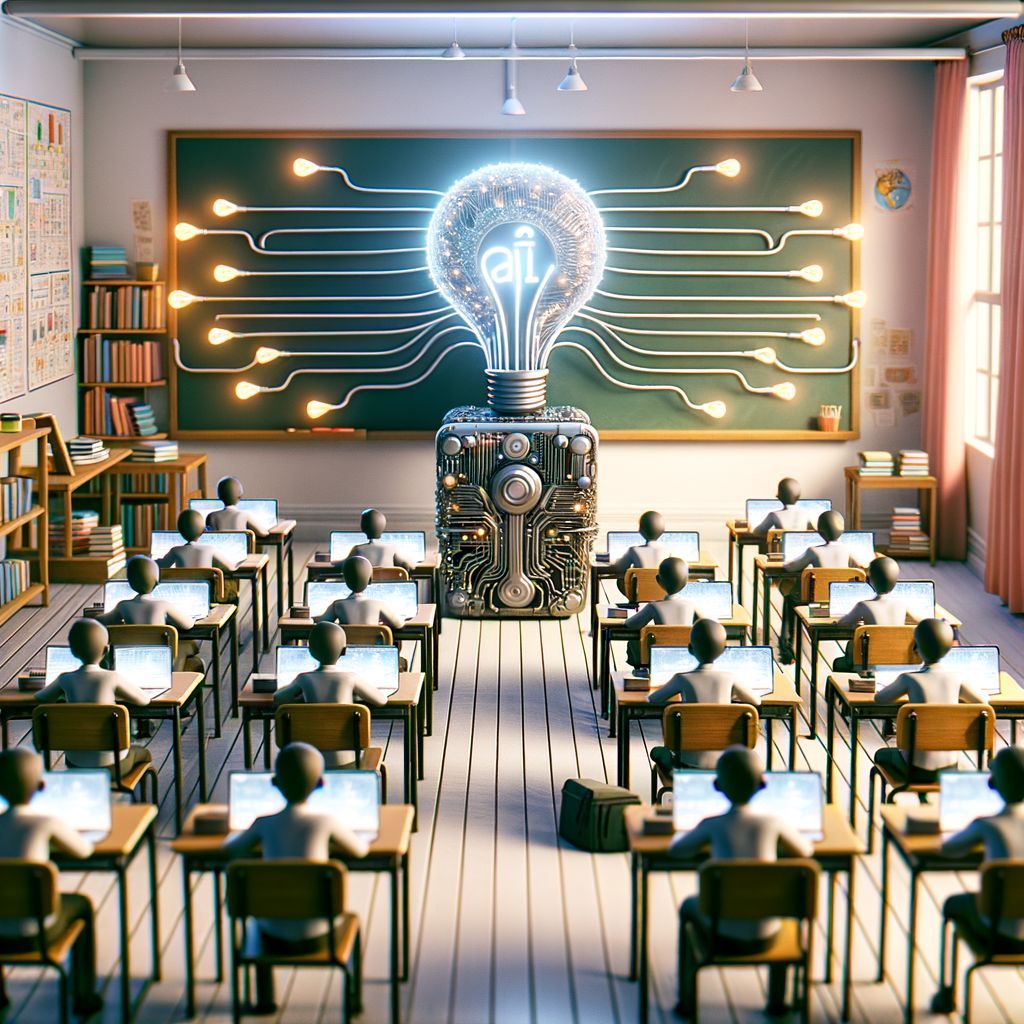
Image by DALL·E Pic: Midjourney
Editors' Note: Many Fast News images are stylised illustrations generated by Dall-E. Photorealism is not intended. View as early and evolving AI art!

Creativity,
Scored by machine, not by hand,
A new dawn for tests.

Uni of South Australia's AI model set to shake up creativity testing in schools
The University of South Australia (UniSA) has developed a machine-learning model that could revolutionise the way creativity is tested in schools.
The model is designed to provide teachers with access to high-quality, fit-for-purpose creativity tests. It claims to score assessments in a fraction of the time and cost compared to traditional methods and fill a gap around valid and reliable creativity testing in the academic ecosystem.
The algorithm is applied to the Test of Creative Thinking – Drawing Production (TCT-DP), and can mark a test in a single millisecond, compared to the standard 15-minute human-marked test. This development could potentially save teachers thousands of hours in an already overloaded schedule.
The cost of running the algorithm is reduced by a factor of more than 20, and the results are fast and accurate. A manually scored test for a school with 1000 students would cost approximately $25,000 and require about 10-weeks to receive test results. With UniSA’s algorithm, the same testing could be conducted for approximately $1000 with results delivered in 1-2 days.
Prof David Cropley, involved in the project, emphasised the importance of creativity in education.
“Creativity is an essential skill for the next generation, particularly because it is a skill that cannot be automated,” he said. He also pointed out the current limitations in testing creativity.“But because there is a lack of affordable and efficient tools to measure creativity in schools, students are either not being tested, or are being graded subjectively, which is inconsistent and unreliable.
"Our algorithm changes this. Not only is the cost of running the algorithm reduced by a factor of more than 20, but the results are fast and incredibly accurate."
As an example, a manually scored test for a school with 1000 students would cost approximately $25,000 and require about 10-weeks to receive test results.
"With UniSA’s algorithm, the same testing could be conducted for approximately $1000 with results delivered in 1-2 days," Dr Cropley said.
Dr Rebecca Marrone, another team member, highlighted the benefits of testing for creativity. “Testing for creativity opens up an avenue beyond more traditional intelligence testing,” she said.
Then there's the protective role schools have when developing creativity in students, “Developing creativity also protects children on the lower end of the achievement spectrum by training them in a skill that is not vulnerable to automation, which can help buffer them against the effects of digital transformation," Dr Marrone said.
The algorithm is currently being developed as a desktop app for teachers to use in the classroom. Classroom teachers interested in using the TCT-DP are invited to contact the UniSA team to discuss their needs.
Partner Content from Salesforce
The AI Imperative: It’s Time for Financial Services to Embrace AI
How Trusted AI Opens Up New Possibilities for Customer Service


